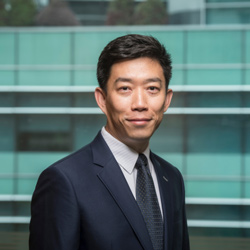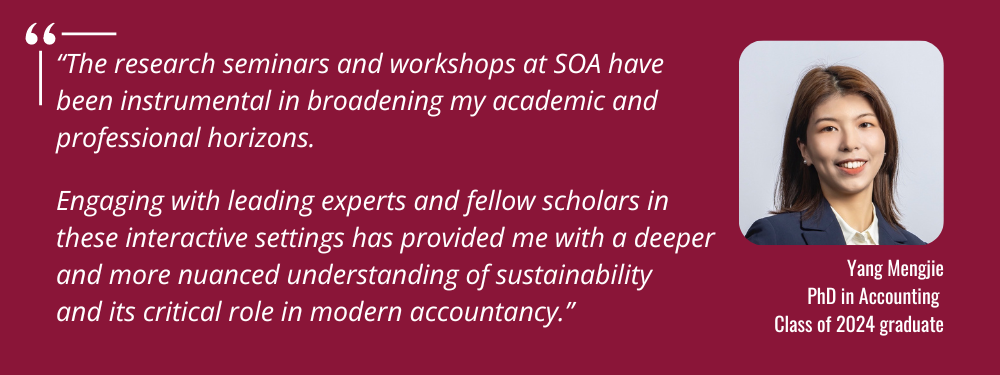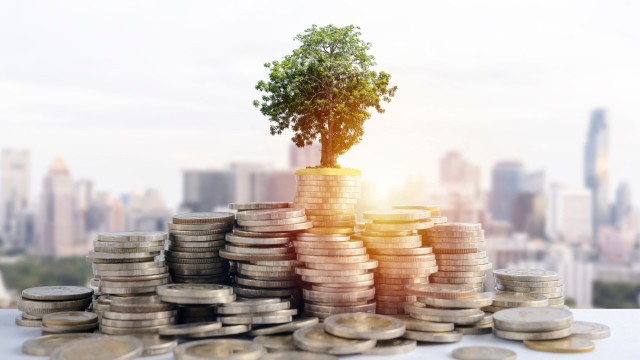Addressing Sustainability and ESG Issues through Accounting Research
As climate-related challenges increasingly affect business operations, professionals skilled in sustainability are becoming essential for informed decision-making across all levels. To meet this emerging demand for accounting professionals well-versed in green practices, the SMU School of Accountancy (SOA), through its research, integrates both theoretical and practical sustainability know-hows into its curriculum.
In the coming years, the accounting sector is poised for significant transformation, driven by the escalating demand for sustainability expertise. As climate-related challenges increasingly affect business operations, professionals skilled in sustainability are becoming essential for informed decision-making across all levels.
A pivotal study involving SMU, the Institute of Singapore Chartered Accountants (ISCA), Ernst & Young (EY), and the Singapore Accountancy Commission (SAC) (former statutory body under Ministry of Finance) highlights three emerging trends: environmental decarbonisation, a rise in sustainability reporting among companies, and the expansion of green finance. These trends not only signal a surge in job opportunities for accounting professionals but also underscore the need for roles like Chief Finance & Sustainability Officer, where sustainability knowledge is integrated with traditional accounting skills.

SMU School of Accountancy;
Lee Kong Chian Professor of Accounting
To meet this emerging demand for accounting professionals well-versed in green practices, the SMU School of Accountancy (SOA) integrates both theoretical and practical sustainability know-hows into its curriculum.
Research activities, in particular, play a crucial role in shaping how accounting students learn to incorporate sustainability in every part of a business.
“Accounting information is critical to well-functioning financial markets and efficient business operations. High-quality academic and industry research helps us understand financial market and business challenges from the perspective of accounting information and provide practical solutions to address these challenges,” says Deputy Dean of SOA and Lee Kong Chian Professor of Accounting Zhang Liandong.
The value of fundamental research
The School of Accountancy Research Centre (SOAR) delves into various dimensions of the accounting field, exploring how it evolves and adapts to a rapidly changing world. SOAR’s dual research branches—industry and academic—enable comprehensive studies like the joint research with ISCA, exemplifying the fruitful collaborations SMU maintains with key industry stakeholders.
“Our corporate sustainability research cluster is dedicated to exploring corporate environmental and social performance metrics,” explains Prof Zhang. “This includes examining the factors that influence the quality of environmental, social, and governance (ESG) ratings, as well as the intricacies of sustainability reporting and disclosure.”
Another of SOAR’s studies, conducted in collaboration with ISCA, Deloitte, and the Singapore Manufacturing Federation (SMF), revealed that 70 per cent of manufacturing companies are discussing sustainable transformations, yet only 37 per cent have implemented these initiatives. In addition, the study identified key areas where manufacturing companies are focusing their efforts and the most important skills required for sustainable transformation. These findings provide invaluable insights for industry players and prospective accountants, helping them tailor their skills to meet the evolving business needs.
Taking research beyond the classroom
In addition to its research activities, SOAR offers a variety of public lectures and conferences for students looking to enrich their knowledge beyond the classroom. Many of these offerings focus on sustainability trends and feature industry leaders who share their expertise on the latest developments in the accountancy field.
There are also ample opportunities for undergraduate, postgraduate, and PhD students to gain hands-on experience through research assistant positions.
In particular for PhD students at SOA, they can enhance their academic experience with access to exclusive research seminars, workshops, and the annual Accounting Symposium.

In 2022, SOAR hosted the Conference on Digital Transformation of Financial Markets, which gathered prominent academic and industry figures with students and faculty. The conference was themed “Strategies and Data for Sustainability and Environment”, with most of the discussion centred around environmental, social, and governance (ESG) reporting and practices.
“Our goal of the conference was to explore the financial trajectories that are shaping sustainability initiatives, through the lens of digitisation, alongside our curated panel of industry and academic experts,” explains Prof Zhang.
In-person events act as networking opportunities, and are important parts of a well-rounded education for an evolving economy. Rather than simply providing theoretical accounting courses, SOA offers a wealth of practical, extracurricular, and research options for students to contribute to the shift to green accounting before joining the workforce.
Keen to dive into the accounting profession and get involved in exciting research on sustainability? Find out how the SMU School of Accountancy builds your skills and expands your horizons.




